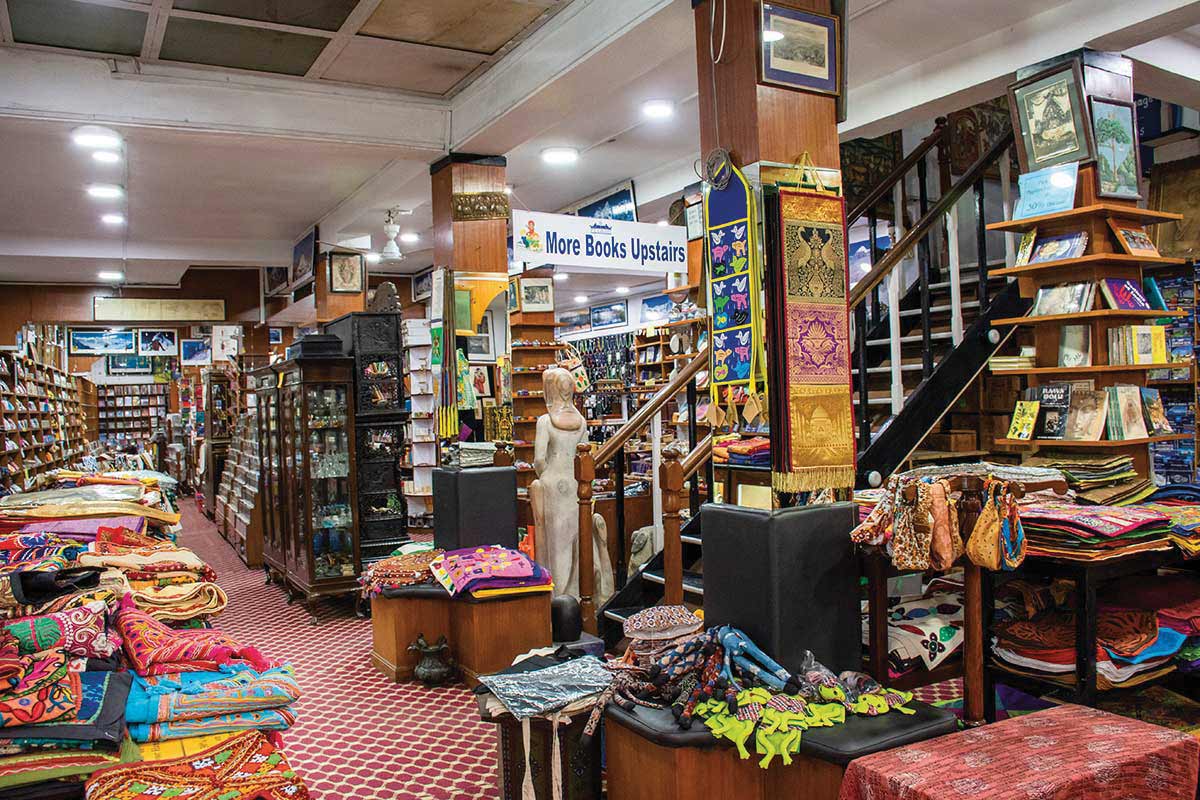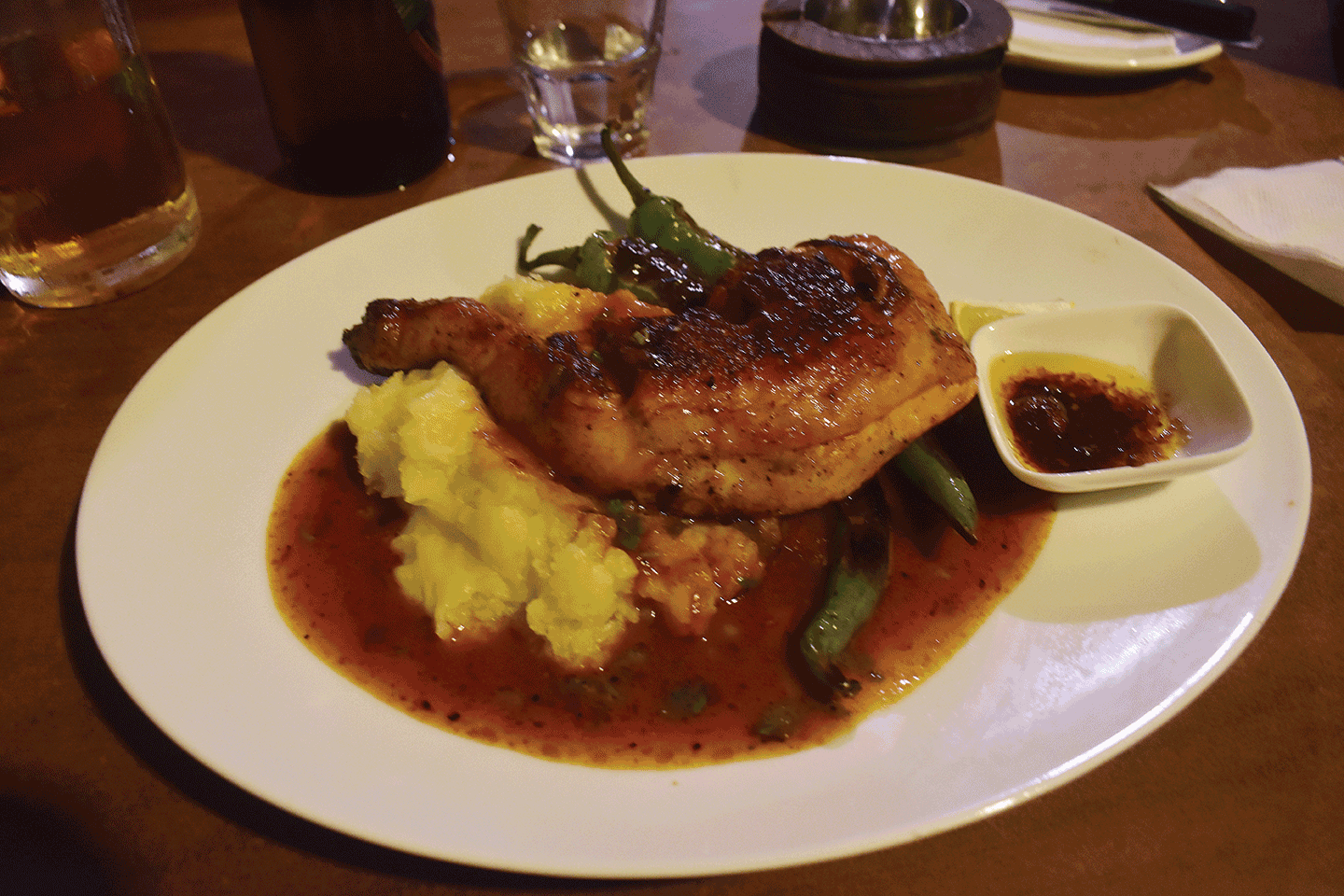Thamel was primarily a station of Narsingh Ranas, descendents of Bal Narsingh Rana,
brother of Jung Bahadur Rana who pioneered the 104 years of Rana rule in Nepal. That was when the aristocrat Ranas held the key to power, established the political status-quo of the country and the fate of her subjects. They held regal stature in Nepal and while they ruled, the Shah Kings were mere puppets.
 Before the desiccation of Rana aristocracy, every alley and avenue of today’s busiest tourist hub was allocated to the sons and brothers of Ranas as a legacy. The heirlooms they inherited were the aesthetically built grand palaces. Kathmandu Guest House was one, and so were most of the hotels and restaurants and clubs in Thamel today. The Narsingh Ranas deserted the locale voluntarily or for varied reasons, but Thamel will always provide a testimony to the Rana period’s rich history.
Before the desiccation of Rana aristocracy, every alley and avenue of today’s busiest tourist hub was allocated to the sons and brothers of Ranas as a legacy. The heirlooms they inherited were the aesthetically built grand palaces. Kathmandu Guest House was one, and so were most of the hotels and restaurants and clubs in Thamel today. The Narsingh Ranas deserted the locale voluntarily or for varied reasons, but Thamel will always provide a testimony to the Rana period’s rich history.
Prakash Narsingh Rana is one of the few surviving Ranas in Thamel. He runs a restaurant called Jaika-The Nepali Cuisine, a few blocks away from Kathmandu Guest House. “Though Ranas do not hold the same cachet as yesterday,” he says, “people who know me as a Narsingh Rana treat me differently. People still address Ranas as ‘Rajah’—‘kings’. Though my ancestors lived regal lives, I and some like me do not. We live a commoner life and struggle for everything like everybody else. I am not mortified by the fact that being a member of the family which once ruled the country, I run a small restaurant in the same place where they lived like kings, but…, I cannot always live in past glory.”
These days, Prakash is scratching his head for some other reason; the time constraint implemented by the Home Ministry on the opening hours of service businesses in the country. The effect of the new regulation is apparent on the number of service businesses closing down or accepting the trickling business in and around Thamel. Prakash Narsingh Rana’s Jaika is no exception.
“The prices we offer are very cheap compared to other food joints around the same locale. But reviewing the present condition, I think I have to make some changes on it. We do not charge service fees and you get a discount if the amount exceeds 1000 rupees, so there are many perks on eating out at Jaika.” Providing a sneak view on the kinds of people coming to his place, Prakash explains, “We have people coming in here for farewell parties, romantic rendezvous, or just to hangout… People have come here, met, and married in Jaika.”
The propriety itself is unique. “My son and nephew painted the entire place giving it a touch of Nepaliness with preference to functionality.” More than for the delights of the Nepalese clientele, the triangular shaped flags, bundle of dried maize with husks, Nepalese style interior, and the use of hay attract and allure the foreign customers who admire a touch of local antiquity. Being at Jaika renders solace because of the decorum. Those who love Nepal will love this place since it reflects something of the country. Jaika is like a microcosm of the whole universe (Nepal).
Jaika specializes in Nepali, Newari, Indian and continental cuisines. “I trained the cooks myself” says Prakash, opening up a little bit. He has experience working in service businesses inside and outside the country. He worked in UK for more than five years at Jaika-The Indian Cuisine, and in dedication to his earlier work place he kept the same name for his restaurant after one amendment. He opened Jaika 11 years ago, and by now it has become a brand.
Foreigners prefer the Nepali thali because it contains authentic Nepali and Newari foods. Jaika’s pizzas sell like hotcakes. The sandwiches are also popular, and they make the bread in their own kitchen. So the restaurant is basically autonomous.
When in Jaika, enjoy a few good moments, admire the service, food and the décor. You can even bring your own CD and have it played for your enjoyment. There are not many places like Jaika that both cater to the customers’ un-requested requirements and carry a little history of its own.










